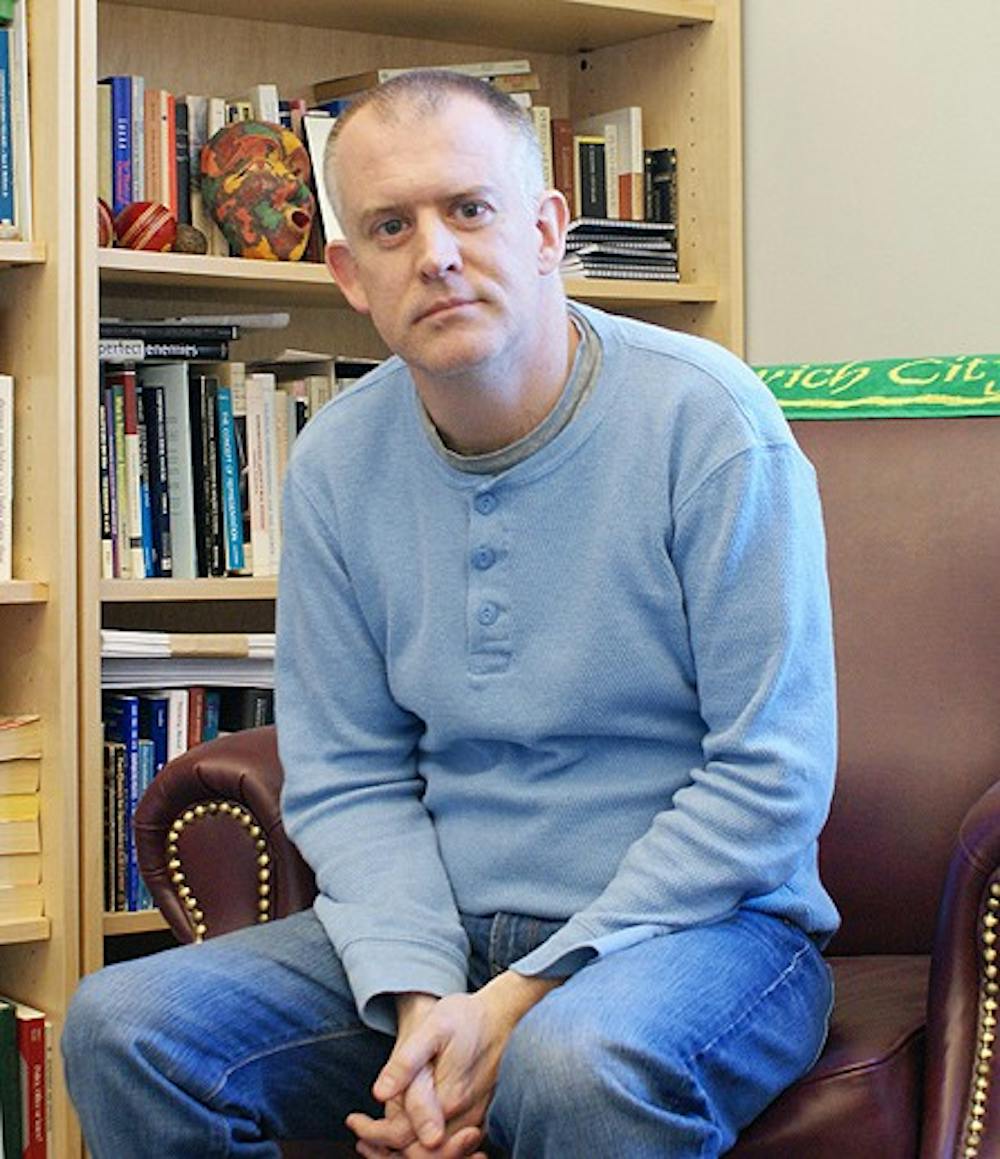Andrew Reynolds, chairman of UNC’s global studies department, advised Libya’s Transitional National Council last year. The Daily Tar Heel interviewed Reynolds about the recent crises at U.S. embassies in Libya and other Middle Eastern countries in which Chris Stevens, the U.S. ambassador to Libya, and three other Americans were killed last week.
Daily Tar Heel: What do you think sparked this anti-American sentiment in Libya and other Middle Eastern countries? Was it the movie that depicted the Islamic prophet Muhammad in a negative light, or was it some bigger plot on the 9/11 anniversary?
Andrew Reynolds: Obviously, I don’t know for sure, but it seems like there’s a lot of growing anti-Americanism in those countries — especially in Libya and Egypt and Yemen — and this was a spark. There was a lot of misinformation going around about the video, and it was a spark that led to an opening for extremist groups to attack American interrelations.
It’s not clear how well planned it was, but this happens quite regularly — that there’s an event in the West that upsets Islamic movements in the region, and some of the groups take advantage of that.
DTH: What obstacles have Libyan leaders faced in their attempt to transition to a democratic form of government?
AR: The Libyan government is very, very fragile and doesn’t really control the state of Libya. You have lots of these armed paramilitary groups controlling cities and towns, and they are the real power in Libya, unfortunately, right now.
DTH: Do you think the protests will continue to spread?
AR: Well, it already has. There have been attacks on embassies in Cairo in Egypt and in Sanaa in Yemen. The confusion of the protest is spreading.
DTH: When were you last in Libya, and what was the climate like then?



